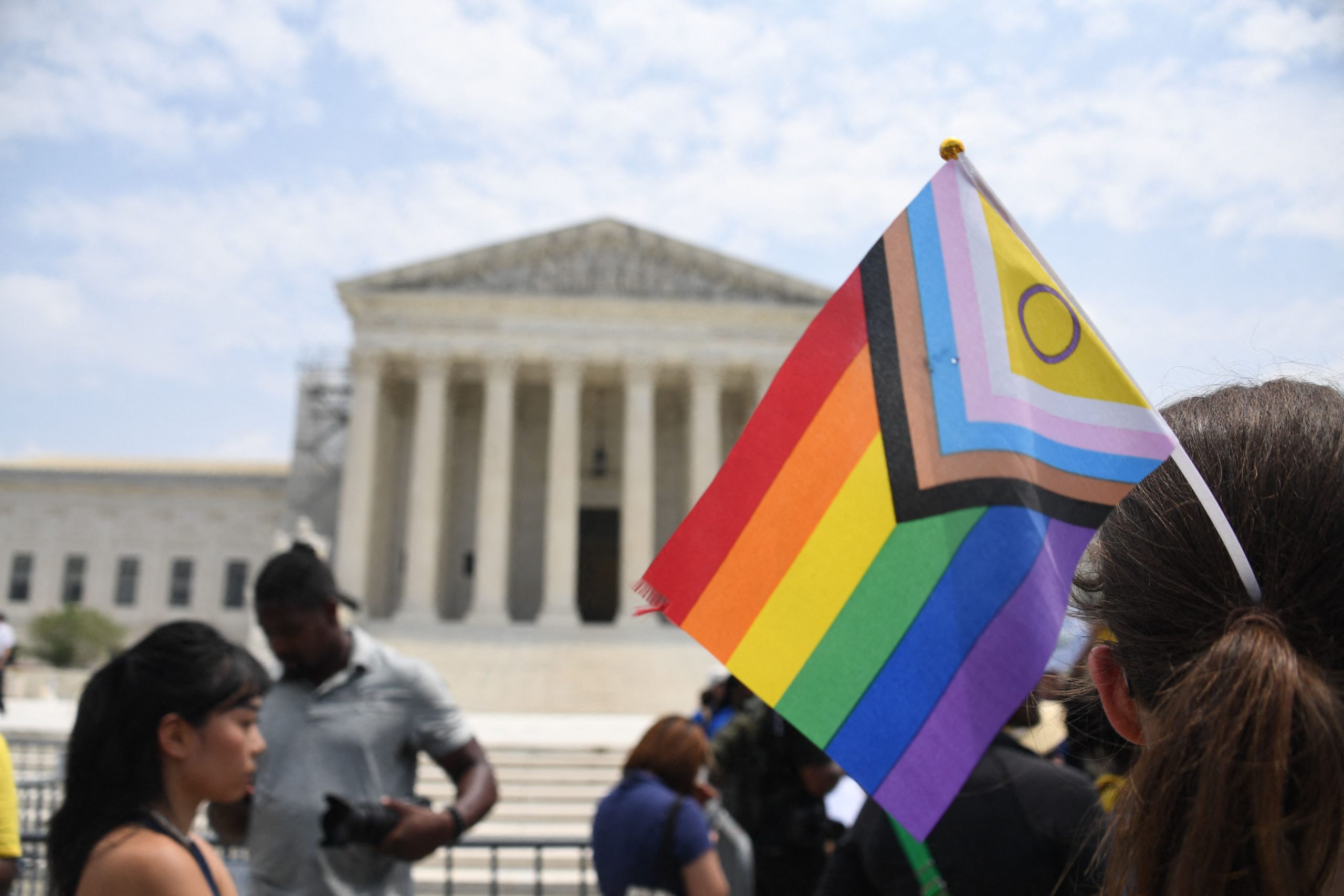SCOTUS to Weigh Therapy Speech: LGBTQ+ Rights at Stake
The Supreme Court is set to hear
Chiles v. Salazar
on October 7th, a case with potentially far-reaching implications for LGBTQ+ rights and the regulation of therapeutic practices. At its core, the case questions the extent to which the First Amendment protects therapists during counseling sessions, and whether these protections shield them from government oversight aimed at preventing patient harm and ensuring adherence to professional standards.
The Heart of the Matter: Free Speech vs. Patient Protection
The central question is whether the government can regulate “talk therapy,” particularly concerning practices aimed at changing someone’s sexual orientation or gender identity – often referred to as “conversion therapy.” Proponents of regulation argue that such practices are harmful, lack scientific basis, and should be subject to government oversight to protect vulnerable individuals. Conversely, those challenging these regulations contend that they infringe upon therapists’ free speech rights and their ability to provide counseling based on their religious or ethical beliefs.
This case is not just about therapy; it’s about the ongoing cultural clash between conservative Christian values and the rights and interests of LGBTQ+ Americans. The composition of the current Supreme Court, with its conservative majority, raises concerns among LGBTQ+ advocates that the court may lean towards upholding the free speech rights of therapists, even if it means potentially exposing individuals to harmful practices.
Implications and Potential Outcomes
A ruling in favor of the plaintiffs could significantly limit the ability of states to regulate therapeutic practices, potentially allowing therapists to engage in practices widely condemned by medical and psychological organizations. This could have a devastating impact on LGBTQ+ individuals, particularly minors, who may be subjected to harmful and ineffective “conversion therapy” under the guise of free speech.
Conversely, a ruling upholding the regulations would reaffirm the government’s power to protect individuals from harmful practices and ensure that therapeutic interventions adhere to professional standards of care. This would provide crucial safeguards for LGBTQ+ individuals and send a clear message that harmful and discriminatory practices have no place in the therapeutic setting.
The Stakes are High
Chiles v. Salazar
represents a critical juncture in the ongoing debate over LGBTQ+ rights and the role of government in regulating therapeutic practices. The Supreme Court’s decision will have a profound impact on the lives of LGBTQ+ individuals and the future of mental healthcare in the United States. The outcome will not only determine the scope of free speech rights for therapists but also define the limits of government authority to protect vulnerable populations from potentially harmful practices. This case underscores the importance of careful consideration of the ethical and social implications of legal rulings, particularly in areas where fundamental rights and deeply held beliefs collide.
Based on materials: Vox





